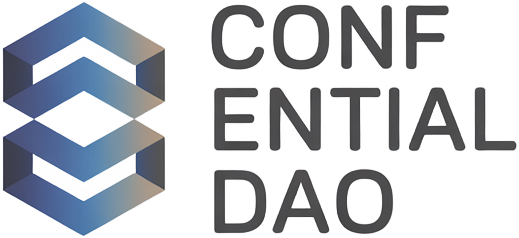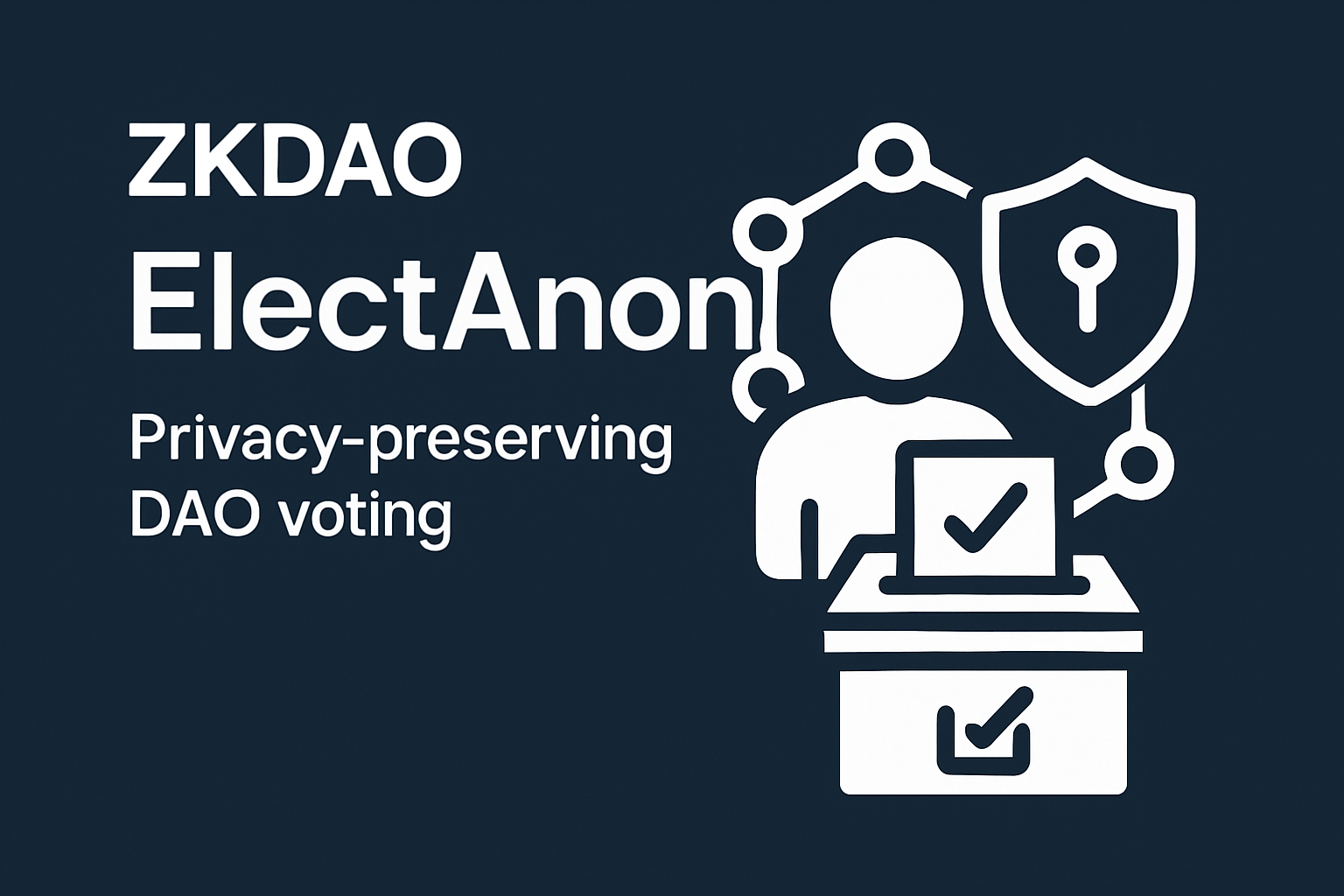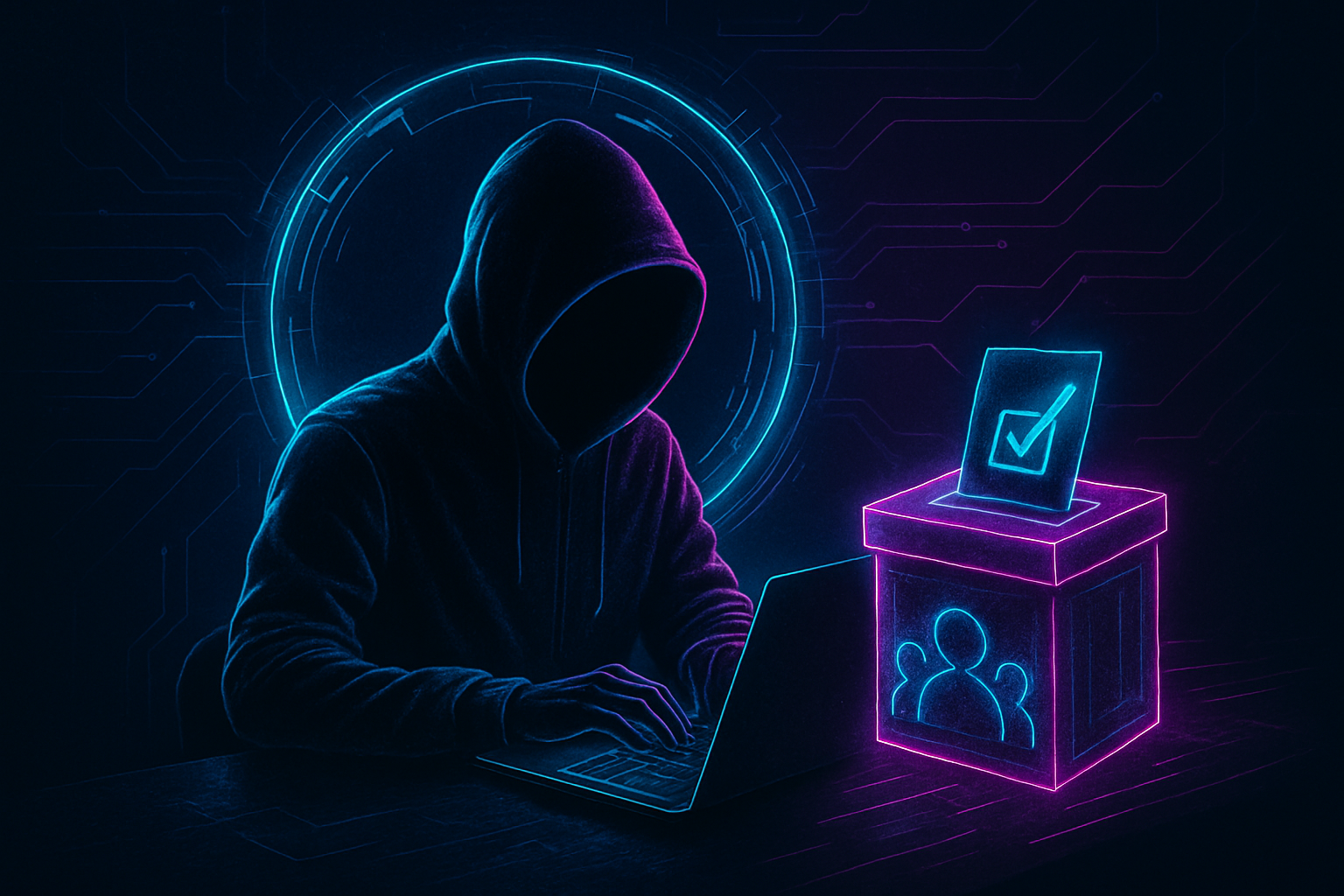
In the rapidly evolving landscape of decentralized governance, privacy and transparency are often viewed as opposing forces. Traditional DAO voting systems, while transparent by design, expose voter identities and choices on-chain, which can lead to coercion, vote buying, or chilling effects on honest participation. The advent of zero-knowledge proofs for DAOs is fundamentally reshaping this paradigm, enabling private DAO voting without undermining the verifiability that underpins trust in decentralized systems.

Zero-Knowledge Proofs: The Cryptographic Backbone of Confidential DAO Governance
Zero-knowledge proofs (ZKPs) are cryptographic protocols that allow one party to prove a statement is true – such as eligibility to vote – without revealing any additional information. In the context of DAOs, this means a member can prove they have the right to vote and that their vote was cast only once, all while keeping both their identity and ballot contents completely confidential.
Current implementations like Semaphore demonstrate how ZKPs can be used to prove group membership anonymously. A participant can submit a vote that is cryptographically linked to their membership status but not to their actual wallet address or identity. This approach effectively addresses the privacy gap in most public smart contract-based voting systems.
“The case for privacy in DAO voting is clear: without robust confidentiality guarantees, meaningful participation is at risk. Zero-knowledge technology offers a credible solution for DAOs seeking both legitimacy and discretion. “
Balancing Privacy with Verifiable Transparency
The critical challenge for confidential DAO governance lies in ensuring that individual votes remain private while aggregate results stay transparent and verifiable. ZKPs enable this by making it possible for anyone to audit the final tally without exposing how any individual voted. Solutions like Boardroom Voting with Oblivious Transfer (BVOT) use cryptography so each ballot remains secret but the total count is provably correct.
This balance is not merely theoretical; it has been realized in practice by projects such as NounsDAO and ElectAnon. For example, NounsDAO collaborated with Aragon and Aztec Network to implement zkDSL-based anonymous voting, mitigating risks like last-minute manipulation and coercion while maintaining full accountability over the results.
Preventing Double Voting and Ensuring Eligibility Without Sacrificing Anonymity
A persistent concern in decentralized anonymous voting is preventing double voting or unauthorized participation. Here again, zero-knowledge proofs shine: they allow DAOs to enforce strict eligibility criteria and guarantee one-person-one-vote rules without ever exposing which wallet or individual cast a given ballot.
The Kite protocol exemplifies this capability by enabling private delegation of votes within DAOs – members can delegate or cast votes confidentially while smart contracts verify eligibility using ZKPs behind the scenes. This ensures both integrity and privacy at scale.
Key Benefits of ZKP-Powered Private DAO Voting
-
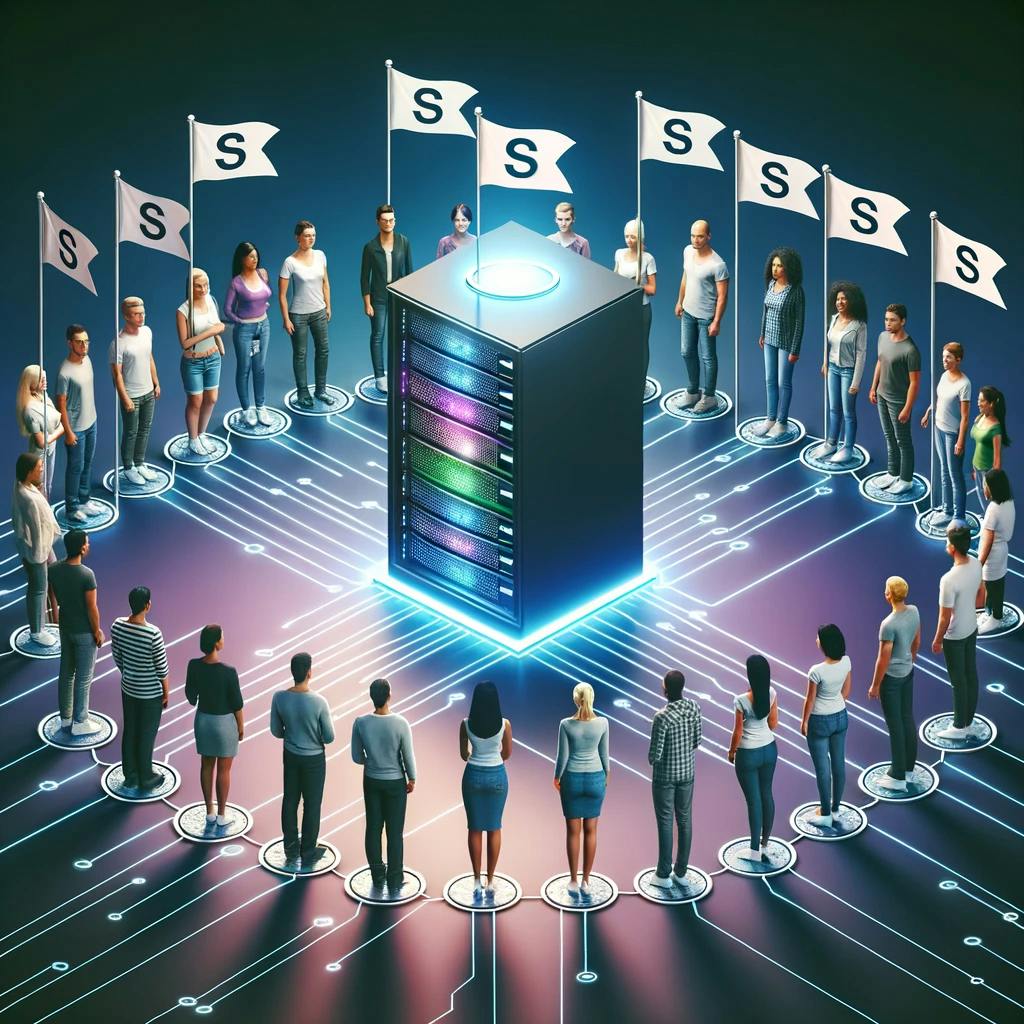
Enhanced Voter Privacy: Zero-knowledge proofs (ZKPs) enable DAO members to cast votes anonymously, shielding their identities and choices from public view. Protocols like Semaphore allow users to prove group membership and vote without revealing their specific identity, reducing risks of vote coercion and privacy breaches.
-
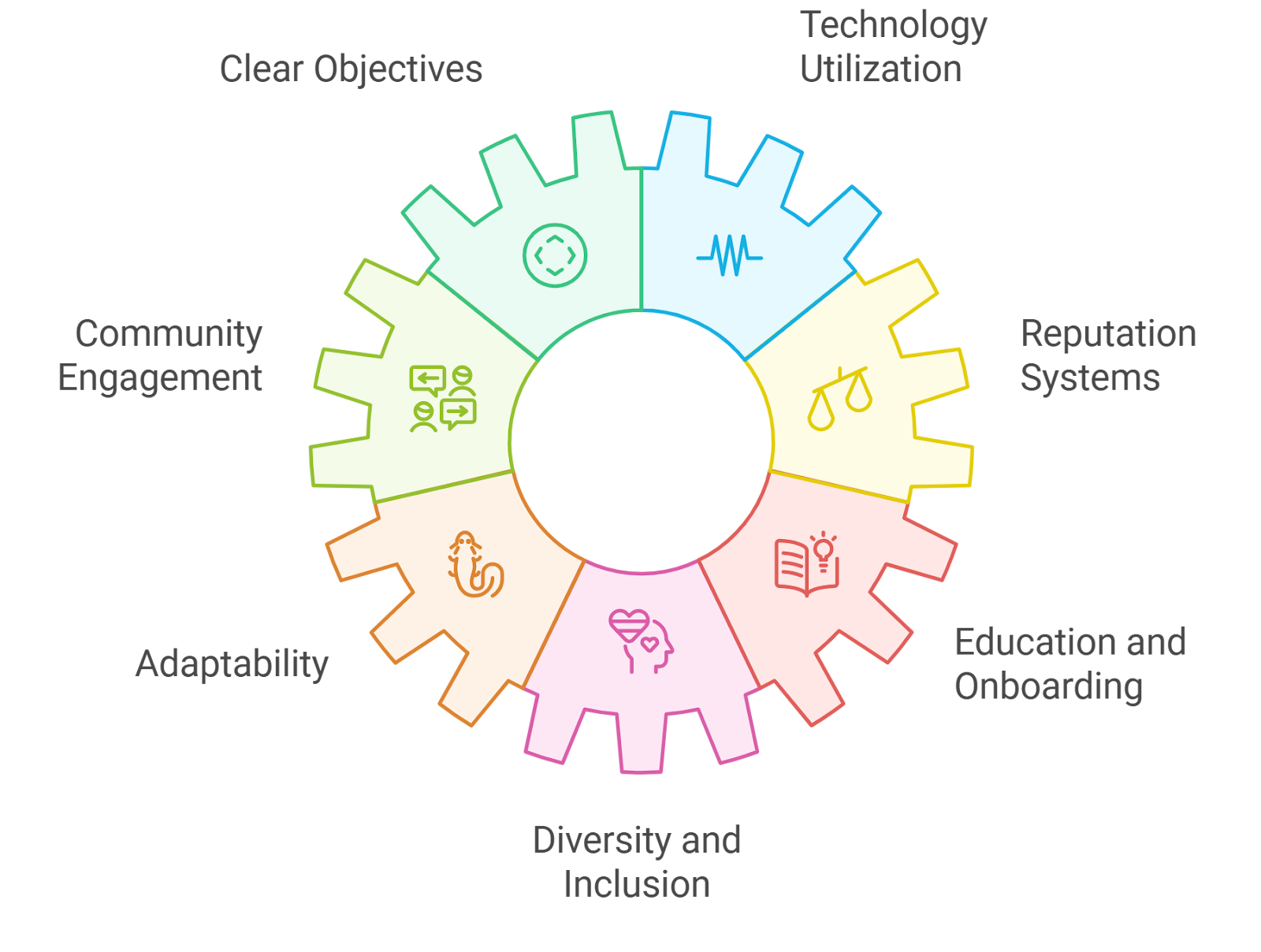
Transparent and Verifiable Results: ZKPs ensure that while individual votes remain confidential, the overall vote tally is publicly verifiable and auditable. Solutions such as BVOT (Boardroom Voting with Oblivious Transfer) demonstrate how cryptographic proofs can provide transparency without sacrificing voter privacy.
-
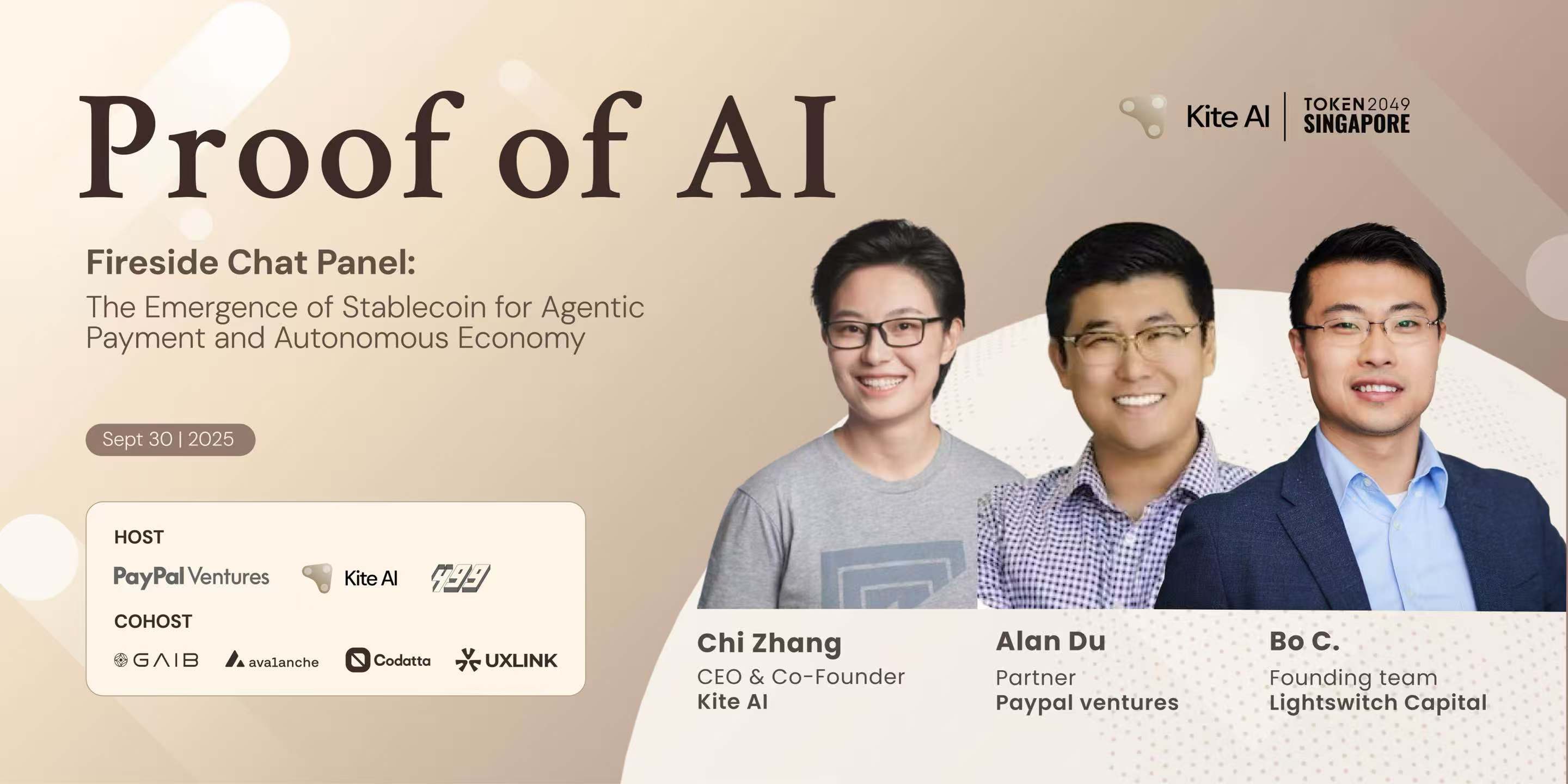
Prevention of Double Voting and Fraud: By leveraging ZKPs, DAOs can confirm each vote is cast by an eligible participant and that no member votes more than once, all without exposing voter identities. The Kite protocol exemplifies private delegation and eligibility verification in DAO voting.
-
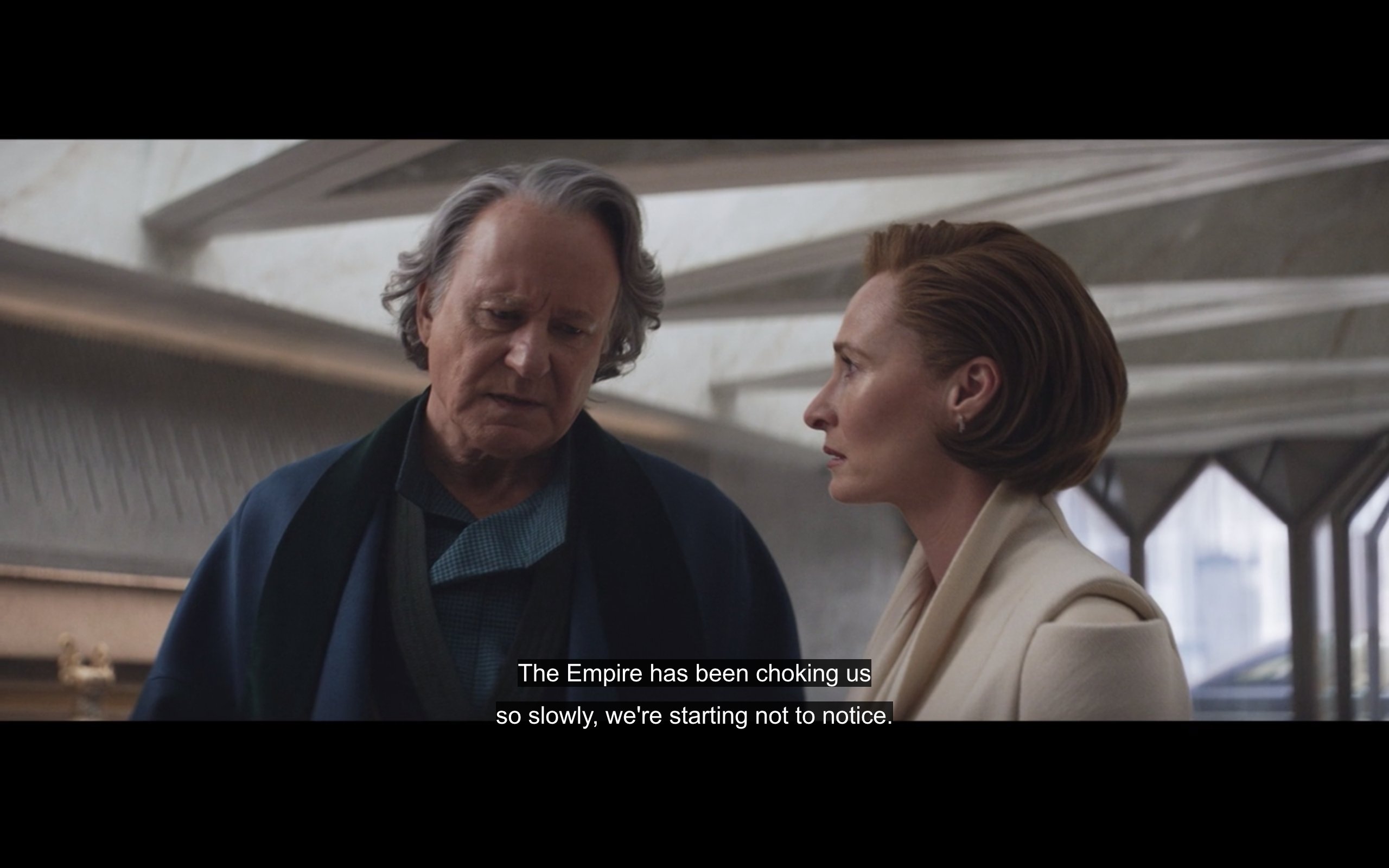
Protection Against Manipulation and Coercion: Private voting mechanisms powered by ZKPs, such as those implemented by Nouns DAO and Aztec Network, help mitigate last-minute voting manipulation and reduce the risk of social pressure influencing outcomes.
-

Scalable, Multi-Chain Compatibility: Modern ZKP-powered voting frameworks, like those developed by o1Labs, support efficient and private voting across multiple blockchains, enabling DAOs to operate seamlessly in diverse ecosystems.
The convergence of these advanced techniques positions zero-knowledge proofs as essential tools for any organization seeking robust DAO privacy solutions. As more projects adopt these cryptographic safeguards, we move closer to realizing fully decentralized anonymous voting that does not compromise on transparency or accountability.
Yet, the adoption of zero-knowledge proofs in DAO voting is not without its operational challenges. Integrating ZKPs into existing governance frameworks requires careful smart contract design, rigorous audit processes, and ongoing community education. Gas costs and computational overhead remain concerns for some implementations, although advances in protocols like zk-SNARKs and Bulletproofs are driving efficiency improvements. Importantly, projects such as NounsDAO have demonstrated that with thoughtful engineering, these barriers can be overcome to deliver scalable, user-friendly private voting at the DAO level.
Another key consideration is the user experience. For privacy-preserving voting to gain widespread traction, interfaces must abstract away cryptographic complexity and make confidential participation as seamless as traditional on-chain voting. Toolkits like MACI (Minimal Anti-Collusion Infrastructure) are already making strides here by encrypting votes and using zero-knowledge proofs to verify results without revealing vote contents. This kind of innovation is essential for onboarding both crypto-native users and newcomers seeking secure DAO participation.
What’s Next for Confidential DAO Governance?
The trajectory for ZK voting crypto points toward greater interoperability and cross-chain privacy standards. As multi-chain DAOs become more prevalent, solutions that enable confidential voting across diverse blockchain environments will be crucial. Protocols like o1Labs’ zk-enabled services illustrate how multi-chain architectures can maintain both efficiency and privacy at scale.
Looking ahead, we anticipate increased collaboration between privacy researchers, cryptographers, and governance designers to further refine confidential DAO governance. Emerging standards will likely focus on:
- Reducing trusted setup requirements via transparent or universal setups
- Improving off-chain computation to minimize on-chain gas fees
- Enhancing composability with other DeFi primitives while preserving privacy
- Expanding educational initiatives to demystify zero-knowledge cryptography for broader communities
Practical Steps for DAOs Considering Private Voting
If your organization is exploring DAO privacy solutions, begin by evaluating your governance needs: What level of voter anonymity is necessary? How critical is transparency versus confidentiality? From there, assess available ZKP toolkits such as Semaphore or MACI and study successful case studies from pioneering DAOs like NounsDAO or ElectAnon. Rigorous testing on testnets before mainnet deployment is essential to ensure both security and usability.
For a deeper dive into implementation best practices and emerging trends in private DAO voting, consider reviewing our dedicated resources at /implementing-zero-knowledge-proofs-for-confidential-dao-voting or our technical guide at /how-to-implement-zero-knowledge-proofs-for-confidential-dao-voting.
The future of decentralized organizations hinges on trustless privacy mechanisms that don’t compromise transparency. Zero-knowledge proofs are not just a technical upgrade, they represent a philosophical shift toward truly democratic digital governance.
